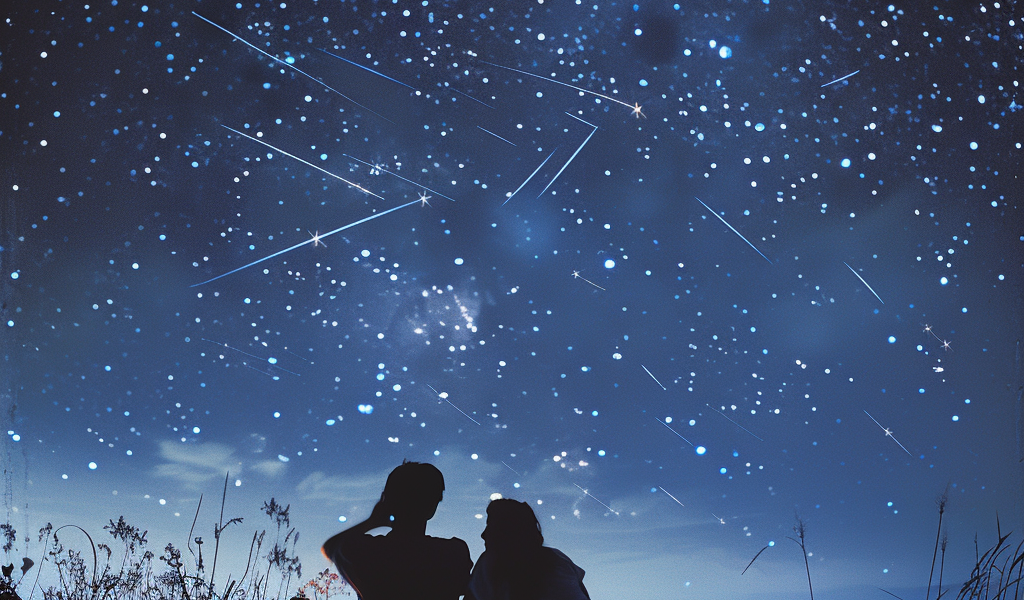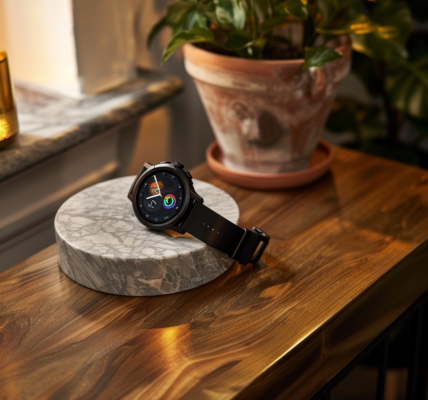The night sky is set to dazzle stargazers as the Delta Aquariids meteor shower approaches its peak, promising a spectacular display of shooting stars for those in the UK. This celestial event is expected to occur in the early hours of Tuesday, with the best viewing conditions anticipated just after midnight.
Astronomers have long studied the origins of the Delta Aquariids, with the sungrazing comet 96P/Machholz identified as a leading candidate. This comet, which measures approximately four miles in diameter, completes its orbit around the sun roughly every five years, leaving behind a trail of dust, rock, and ice.
The Delta Aquariids meteor shower is active from mid-July through late August, but the peak viewing time is forecasted for the early hours of Tuesday morning. Observers are encouraged to head outside during the hour or two following midnight, as the waning crescent moon will be low in the sky, minimizing light interference and enhancing visibility.
Meteor showers occur when Earth traverses through the debris left by a comet. The tiny dust particles, often smaller than grains of sand, ignite upon entering the atmosphere, creating bright streaks of light that captivate onlookers. During the peak of the Delta Aquariids, stargazers can expect to see between 15 to 20 meteors per hour if conditions are optimal.
The meteor shower derives its name from the constellation Aquarius, as the shooting stars appear to emanate from the direction of Delta Aquarii, a prominent star within this constellation. To locate Aquarius, astronomers suggest finding the square of Pegasus in the southeastern sky and then looking down towards the horizon. A bright object that resembles a star, which is actually Saturn, can be spotted in Aquarius. Once you locate Saturn, gaze about 45 degrees away to increase your chances of witnessing the longer meteor streaks.
For the best experience, experts recommend finding a dark location away from city lights. Professor Catherine Heymans, Scotland’s astronomer royal, emphasizes the importance of escaping urban light pollution to fully appreciate the meteor shower. She advises stargazers to venture into the countryside, lie back on a blanket, and enjoy the show with a thermos of hot chocolate.
As the Delta Aquariids light up the night sky, this event serves as a reminder of the wonders of our universe and the beauty that can be found in the natural world. Whether you are an experienced astronomer or a casual observer, this meteor shower presents a perfect opportunity to connect with the cosmos.
Mark your calendars and prepare for a night under the stars, as the Delta Aquariids meteor shower promises to be an unforgettable spectacle for all who take the time to look up.





